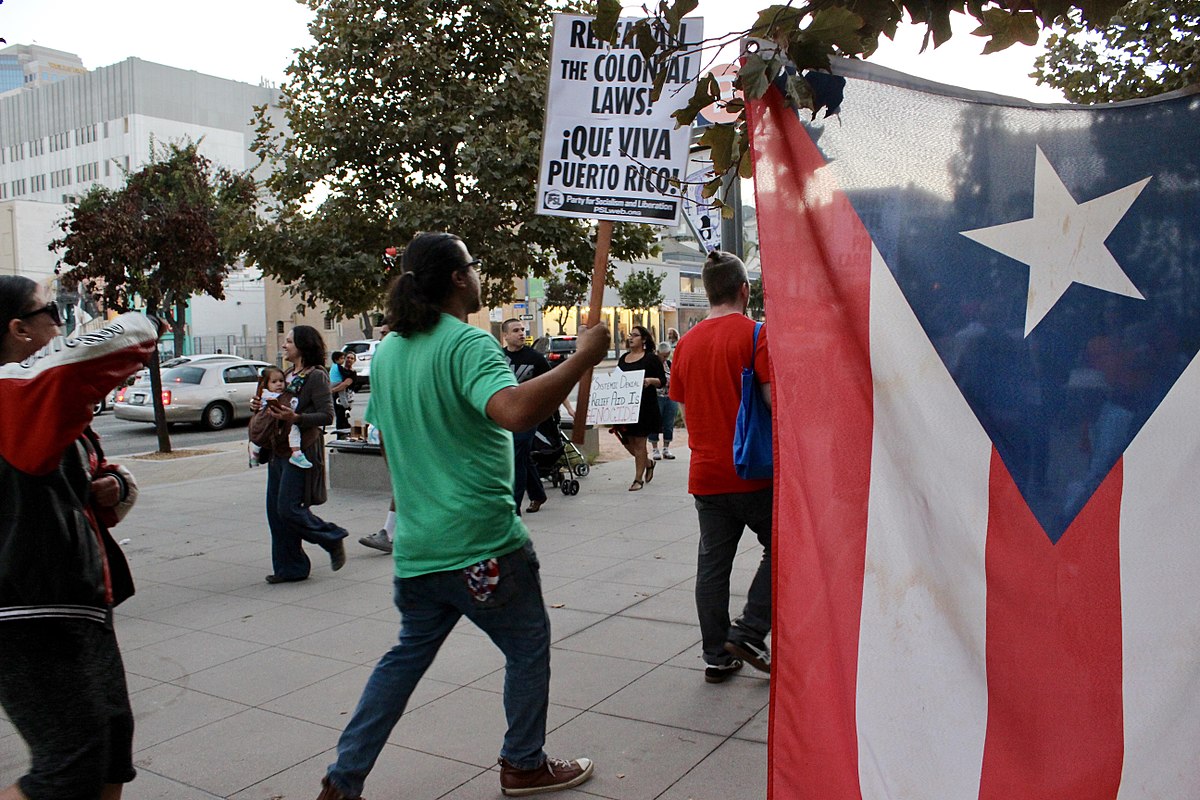- 14 3402-5578
- Rua Hygino Muzy Filho, 737, MARÍLIA - SP
- contato@latinoobservatory.org
 Rudy Cardoso
Rudy Cardoso
The impending gubernatorial election in Puerto Rico stands out against an unprecedented electoral backdrop. For the first time in more than seven decades, a new coalition party, called "Alianza", emerges with a real chance of winning, challenging the political monopoly of the New Progressive Party (PNP) and the Popular Democratic Party (PPD). Traditionally, these two parties have dominated elections, with the PNP advocating statehood (making Puerto Rico a U.S. state), while the PPD supports the current status of an associated territory.
This year, however, Juan Dalmau, the candidate of Puerto Rico's "Independence Party," is gaining significant traction by leading the "Alianza." This coalition was formed by the "Independence Party" and the "Citizens' Victory Movement", a smaller party founded in 2019. The goal of the alliance is to overcome the division of votes among small parties and strengthen a third way that prioritizes efficient governance over the issue of political status. The "Alianza" presents itself as an alternative to the two traditional parties, seeking to attract voters dissatisfied with the current administration and endemic corruption, according to a report by NBC News.
Governance problems in Puerto Rico have worsened in recent decades, with financial crises, natural disasters (such as Hurricane María in 2017 and earthquakes in 2020), and austerity measures that have undermined public services. In 2015, the island faced a $72 billion debt crisis, prompting the U.S. Congress to pass the PROMESA law, creating a fiscal council that imposed harsh budget cuts. This history of crises and difficulties boosted the 2019 protests against then-governor Ricardo Rosselló, increasing dissatisfaction with the political system, according to NBC.
The "Alianza" faces resistance from part of the electorate that sees political status as central to the elections and does not support independence, even though Dalmau promises to prioritize honest governance over promoting independence. Most Puerto Ricans still prefer status or current status with the U.S., and this issue is used by González, a pro-state candidate and Dalmau's main opponent, to argue against him. She associates Dalmau's social democracy program with communism, exploiting fears of independence entrenched since the Cold War.
Another challenge for the "Alianza" is the 2020 electoral legislation, which gives the dominant party a structural advantage, as in the early voting process, in which the PNP has already secured about 200,000 votes for González. Suspicions of voter fraud have emerged, with the registration of deceased in past elections, prompting additional oversight by the Justice Department.
In the current context, all candidates rejected racist comments by an American comedian about Puerto Rico, with Dalmau and Ortiz criticizing González's association with former President Donald Trump. Although González leads the polls by a narrow margin, analysts suggest that the support of young people and the emergence of a fourth party, the "Dignity Project", which defends a Christian democracy, could influence the result and lead to an unprecedented victory for a party outside the traditional political spectrum with candidate Javier Jiménez, according to the publication.
Thus, the election represents a choice between
the continuity of the status quo and the intention of change promoted by the
"Alianza", amid a context of widespread disillusionment and desire
for political renewal on the island.











